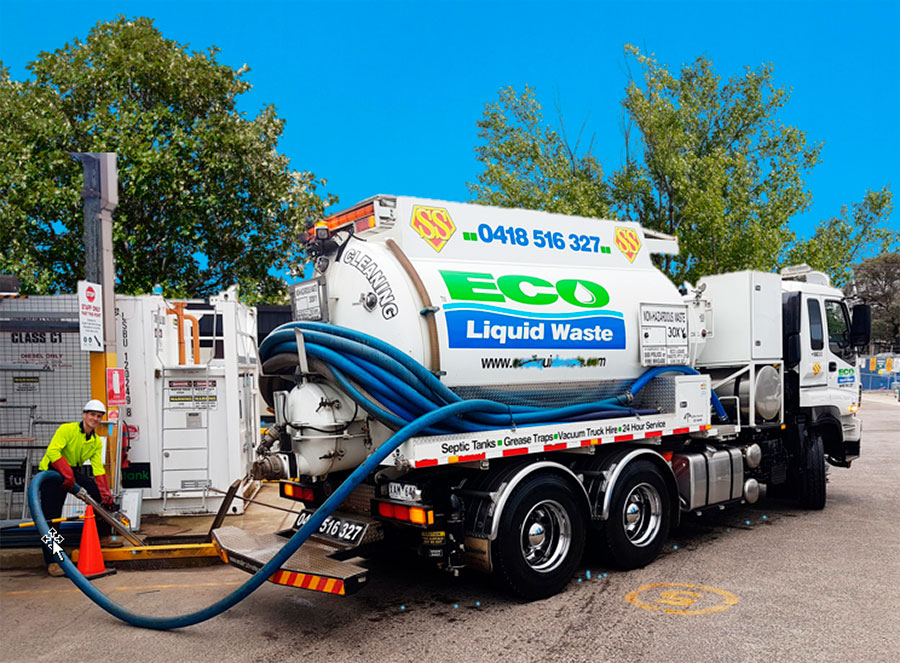Reclaim Waste for Dummies
Reclaim Waste for Dummies
Blog Article
Little Known Questions About Reclaim Waste.
Table of ContentsAll about Reclaim Waste3 Simple Techniques For Reclaim WasteAll about Reclaim WasteNot known Facts About Reclaim WasteAn Unbiased View of Reclaim Waste
Discover the kinds, incidents, and forms of fluid waste. Domestic sewage waste refers to the waste and products from a domestic septic storage tank. This type of waste is created by people in residences, institutions, and other structures. This only includes septic storage tanks that have a drain field. The proper monitoring and disposal of domestic sewage waste call for liquid waste to be moved to a sewer treatment plant where the correct techniques and equipment are put on detoxify and throw away waste.
Industrial waste commonly consists of prospective threats, such as flammable products or a mixture of fluid and solid waste items, and calls for an advanced and in-depth disposal procedure. The disposal of industrial waste usually entails the filtering of waste prior to transportation to make sure safe and appropriate disposal. Hazardous waste is created from results and drainage of commercial processes and manufacturing.
This kind of waste can not use the exact same sewage administration transport or procedures as septic or business liquids. The industrial waste monitoring procedure requires the evaluation and testing of fluid waste before it goes through the disposal procedure (liquid waste disposal melbourne). Overflow waste is the fluid waste that originates from drainage and excess stormwater in very inhabited areas or cities
Overflow waste can create contamination and flooding otherwise handled correctly. Discover extra concerning sewage system cleansing and waste management. Guaranteeing proper waste monitoring can stop calamities and lower ecological damage. Both individuals in property settings and professionals in business or manufacturing industries can take advantage of recognizing the procedures and laws of fluid waste management.
Things about Reclaim Waste
Contact PROS Solutions today to discover our waste monitoring and disposal services and the proper means to care for the fluid waste you produce.
(https://www.ted.com/profiles/48198485/about)This so-called 'wastewater' is not only an important resource but, after treatment, will be released to our land, rivers or the ocean. Used water from bathrooms, showers, baths, kitchen area sinks, laundries and commercial processes is known as wastewater.

water made use of to cool down machinery or tidy plant and tools). Stormwater, a kind of wastewater, is drainage that streams from agricultural and metropolitan areas such as roofs, parks, gardens, roadways, paths and rain gutters right into stormwater drains pipes, after rain. Stormwater flows without treatment directly to local creeks or rivers, ultimately reaching the sea.
Excitement About Reclaim Waste
In Queensland, most wastewater is dealt with at sewer therapy plants. Wastewater is transferred from residential or industrial sites with a system of sewage systems and pump stations, known as sewerage reticulation, to a sewage treatment plant.
The Department of Natural Resources recommends neighborhood federal governments about handling, operating and keeping sewage systems and treatment plants. In unsewered areas, city governments may require owners to mount private or family sewage therapy systems to deal with domestic wastewater from commodes, kitchen areas, bathrooms and washings. The Division of Natural Resources authorises the use of home systems when they are verified to be efficient.
In some new subdivisions, therapy of some stormwater to eliminate trash, sand and gravel has actually begun making use of gross toxin traps. Wastewater therapy occurs in four stages: Eliminates solid issue.
Makes use of tiny living organisms knows as micro-organisms to damage down and get rid of remaining liquified wastes and fine bits. Micro-organisms and wastes are included in the sludge.
Fascination About Reclaim Waste
Nutrient try here removal is not readily available at all sewage treatment plants since it calls for pricey specialized equipment. It is ending up being extra usual in Queensland. Clear liquid effluent created after treatment may still have disease-causing micro-organisms. If this effluent is launched right into rivers such as rivers or the sea, the micro-organisms will ultimately pass away out.

Many wastewater streams into the sewage system. Under the Act, regional governments administer authorizations and licences for environmentally pertinent tasks (ERAs) entailing wastewater releases that might have a local impact.
The Greatest Guide To Reclaim Waste
Or else, examples are considered lab analysis. Usually many tests are needed to establish the degrees of each of the various toxins such as oils, hefty metals and chemicals in water. Surveillance offers accurate details regarding water quality and can validate that permit conditions are being fulfilled. The info acquired via tracking gives the basis for making water quality decisions.
Report this page